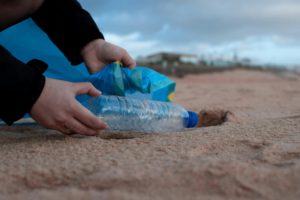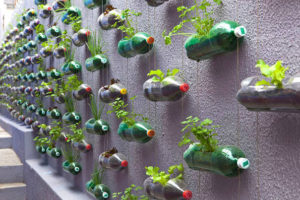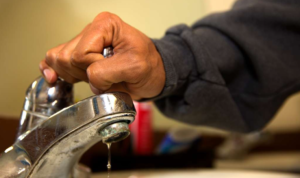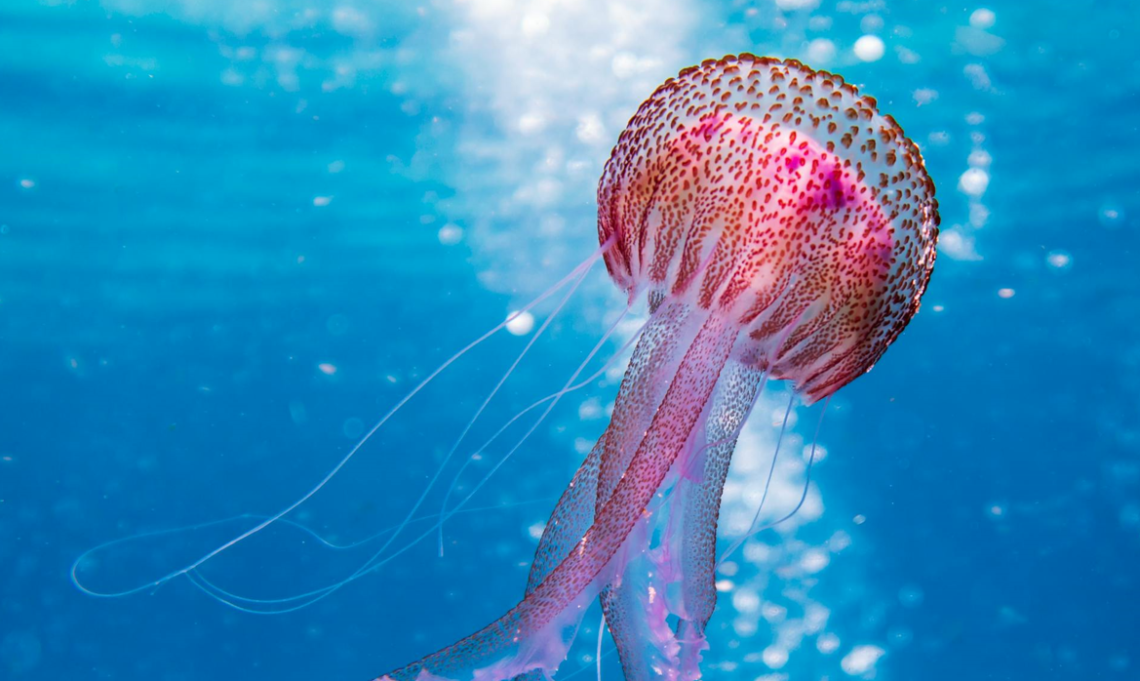OCEANS sustain all life on Earth. These large bodies of saltwater cover 70% of the planet, regulate the climate, provide food and jobs and are crucial for transport and economic development. But did you know that oceans produce around half of all oxygen on Earth? Half the oxygen we breathe comes from the oceans where seaweed and phytoplankton release oxygen through the process of photosynthesis.
World Oceans Day is celebrated each year on June 8th to learn more about the Earth’s oceans, the dangers that the oceans face and what we can do to protect our oceans from pollution and other hazards.
Here are 5 ways to keep the ocean clean:
Ocean cleanup
Depending on where we live, we can join neighborhood beach cleanups to remove plastic and other garbage from the shores. Once collected, this trash is segregated and all recyclable items are sent to recycling stations where they are further segregated and reused. This ensures that garbage and plastics do not get dumped into the water and pollute the ocean even more. Furthermore, ocean cleanups also have a positive impact on marine life. Removing litter from the shores allows female turtles to lay eggs and turtle hatchlings to return to their natural ocean habitat without being hindered by objects that make them vulnerable to predators. Polluted beaches lead to polluted oceans and this harms not just plant and animal life but also human health. Engaging in environmentally-friendly initiatives is also a great way to get involved in your local community and take ownership of keeping our oceans clean.

Responsible purchasing
Being mindful of what products we purchase can have a direct impact on the amount of toxic pollutants that are dumped into the ocean. When we purchase products responsibly, we are in control of how clean or polluted our oceans become. For example, consumers can do prior research to make sure the sunscreen purchased is reef-safe and doesn’t contain harmful chemicals like surfactants that damage coral reefs due to excessive bleaching. Or that the clothes we buy off the shelves aren’t made of synthetic fabrics that shed plastic microfibers when they are washed, which go straight into the ocean. In addition to the ingredients found in household products, we can also take a few minutes to make sure that shampoo bottles or other containers we buy are made of biodegradable material instead of plastic which remains in the ocean for centuries. We can adopt environmentally responsible purchasing habits and be an ocean conscious consumer.

Refuse, reuse and recycle plastics
Plastic is an important material because it is durable and inexpensive, making it useful to create and produce household objects that we use everyday, from food containers to helmets. Once purchased, these items can be used multiple times and preserved for a long time, helping people save money. But unlike other materials, plastic can take hundreds of years to break down. This means it remains in our oceans for centuries where it harms plant and animal life, pollutes our oceans and affects human health. But we can do 3 things: refuse single-use plastics like bags and straws, reuse plastic such as bottles and containers and recycle plastic to minimize our plastic waste. In managing our plastic use by following the Refuse, Reuse and Recycle method, we can minimize the amount of plastic we use and discard and ensure that any plastic we do use is recycled so it does not end up polluting the ocean.

Conserve water
Water conservation is one of the most important ways to keep the ocean clean. This means not overusing water to ensure that we reduce the amount of water going down our drains. The water we use in our homes and public places goes through water treatment facilities and ends up being emptied into water bodies, such as rivers and the ocean. But when these water treatment facilities are overworked, there is a high chance that much of the water will be untreated and go into our water bodies as harmful wastewater. In other words, the more water we use, the greater the likelihood that our untreated wastewater will be dumped into the ocean. Effective ways to save water is to turn off the tap while we brush our teeth or lather soap, make sure leaky faucets and appliances are fixed and set up a rainwater harvesting system.

Give your support
Lend your support to initiatives like Mission: Clean India’s Environment which works at the household level to segregate waste at the source. The process of segregating dry waste from wet waste is crucial, since a mixture of both becomes rotten and emits harmful gases into the environment. Once household waste is segregated, it is either discarded, recycled or used for composting. Mission: Clean India’s Environment also cleans and rejuvenates water bodies through the process of desilting, engages in rainwater harvesting and repairs tubewells and other equipment to ensure there is a sufficient supply of drinking water and water intended for agricultural use. To make sure that the effort to keep the ocean clean is sustainable and permanent, Mission: Clean India’s Environment also conducts awareness sessions to educate individuals and local communities about safe waste segregation, recycling, proper waste disposal methods, responsible purchasing and being mindful of our environment in our daily habits.

Take action this World Oceans Day
This World Oceans Day, consider these 5 ways to keep the ocean clean and support Mission: Clean India’s Environment to help people across India learn about and adopt ocean safe practices.
Support Mission: Clean India's Environment
–
Give’s mission is to “make giving bigger and better.” Give is the most trusted donation platform in India for fundraisers and crowdfunding campaigns. Through our technology solutions, we enable individuals and organisations to fundraise and donate to a cause, charity or NGO with trust and convenience. Give’s community of 2.7M+ individual donors and 300+ organisations supports 3,000+ verified nonprofits with 80G deduction and serves 15M+ people across India. Find a fundraiser today!

Shirley has been in the development sector for over 10 years and is passionate about making a change in the world around her, including adopting dogs and writing to make a difference.
Discover more from
Subscribe to get the latest posts sent to your email.

